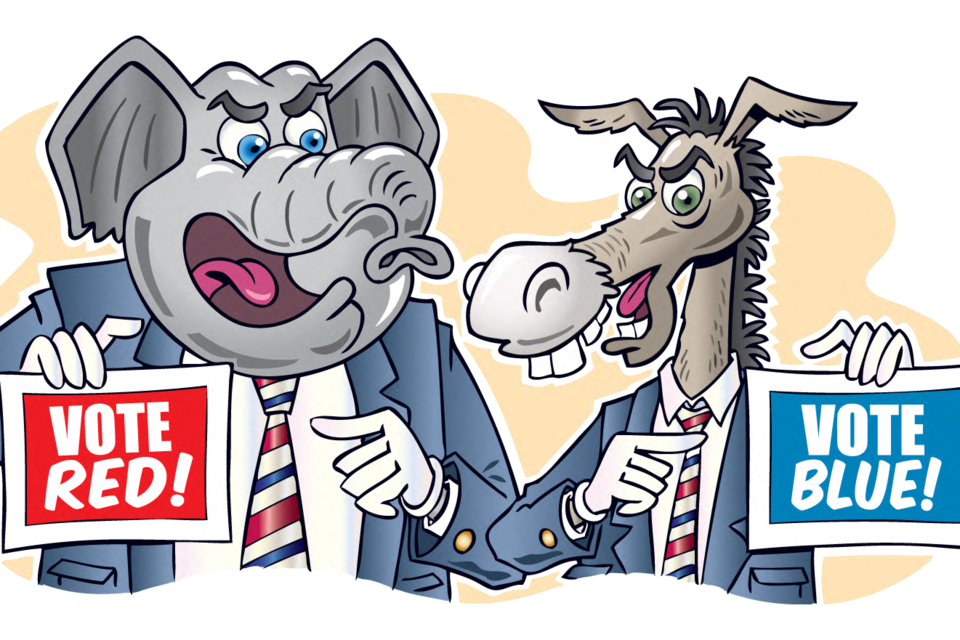Efforts by a local legislator to ensure Virginia’s electoral votes are cast the way voters intended died in a House of Delegates subcommittee.
Del. Rip Sullivan (D-McLean-Arlington) patroned legislation that would have established a process for removing a presidential elector who did not fulfill a pledge to vote for his/her party’s nominee.
“This is a rare and unlikely scenario, but the consequences are dramatic,” Sullivan said in testimony before a subcommittee of the House Committee on Privileges and Elections. “The potential harm to the democracy . . . is enormous.”
Under Virginia law, electors chosen by the state’s Democratic and Republican parties are bound by oath to support that party’s nominee. But the current measure provides no penalty for failing to do so.
Sullivan’s proposed measure – HB1862 – deemed that any presidential elector who either failed to vote, or voted for someone other than the party’s nominee, would be immediately disqualified and replaced by someone chosen by the other electors of that party.
H. Lane Kneedler, who chairs the state’s delegation to the National Conference of Commissioners on Uniform State Laws, said the measure made sense.
“We fully support the bill,” he said.
“This is not new,” Kneedler said of requiring electors to vote as instructed. “The law has required [it] for some time.”
But Sullivan ran into a buzz-saw of questioning from Del. Wren Williams (R-Stuart), who suggested that electors chosen months before the election needed to have the ability to pivot if they deem it necessary when they assemble a month after the election to cast ballots.
“We expect people to vote their conscience,” Wren said. If situations change, he said, “I don’t think they should continue to be bound.”
But his subcommittee colleague Del. Candi Mundon King (D-Dumfries) rejected that line of thinking.
“Your conscience does not supersede the law,” she said. “This is a good, straightforward, common-sense bill.”
Maybe so, maybe not, but when the votes were tallied, it went down on a party-line 5-3 vote.
So-called “faithless electors” have been a staple of presidential elections since almost the beginning. The last time such an incident occurred in Virginia was in 1972, when a Republican elector abandoned the ticket of Richard Nixon and Spiro Agnew and cast his electoral vote for the Libertarian ticket of John Hospers and Toni Nathan.
The action made no difference – Nixon had won both a popular and electoral landslide – but did make history, as Nathan became the first woman in U.S. history to receive an electoral vote.
According to Sullivan, about 30 states impose civil penalties on faithless electors, while a few impose criminal sanctions. He wanted neither of those included in Virginia law.
“All this bill does is hold someone, who has taken an oath, to that oath,” he said.



